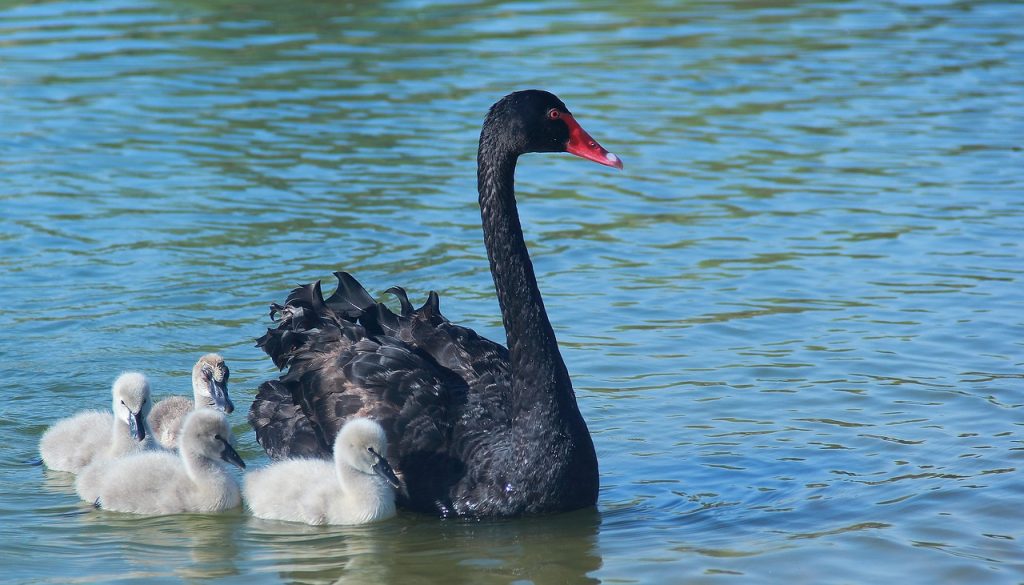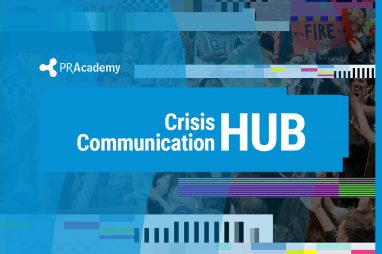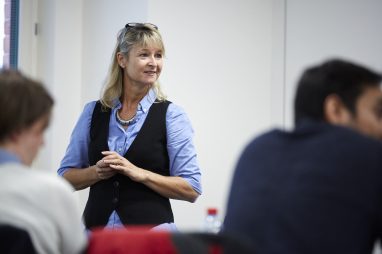Has the world gone mad?
Lessons in crisis comms from black swan events
So black swans may not be unpredictable but our failure to act to prevent them can be characterised by the human instinct to put our heads in the sand and hope it never happens.
The lesson for communicators is to help the leadership team imagine and prepare for the unthinkable.




